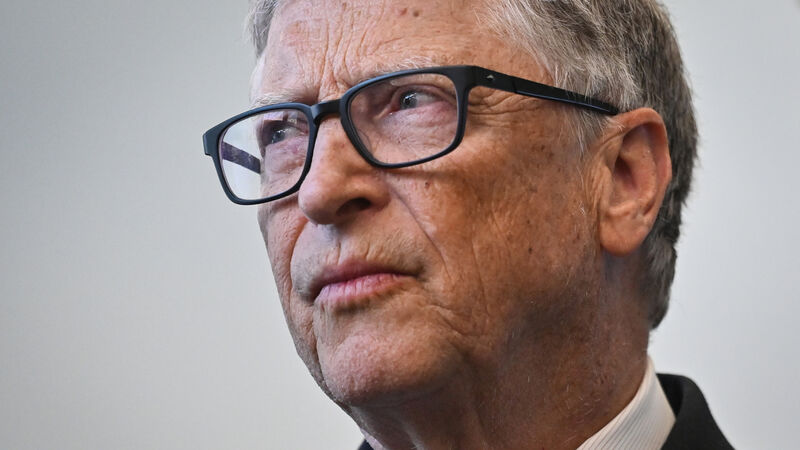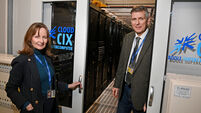AI will be help rather than hindrance in hitting climate targets, says Bill Gates

Billionaire philanthropist Bill Gates downplayed fears over AI’s climate impact amid mounting concerns that the tech breakthrough could lead to a rise in energy demand and require more fossil fuels as a result.
Bill Gates has claimed that artificial intelligence (AI) will be more of a help than a hindrance in achieving climate goals, despite growing concern that an increase in new datacentres could drain green energy supplies.
The philanthropist and Microsoft co-founder told journalists that AI will enable countries to use less energy, even as they require more data centres, by making technology and electricity grids more efficient.













